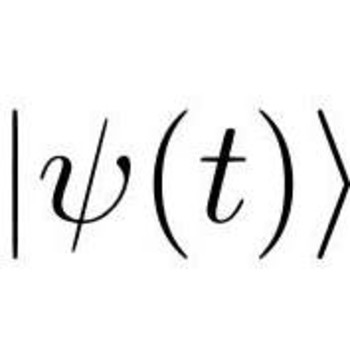What is a Lewis acid?
1 Answer
May 25, 2018
An acid of course...
Explanation:
Specifically, a molecule is called a Lewis acid when it can accept a pair of electrons from another donor molecule, called the Lewis base. So, the Lewis theory of acids and bases revolve around electron exchanges.
Lewis acids contain an empty orbital, hence accounting for the space they have for the new electrons to go to.
Cations are great examples of Lewis acids, as they have a positive charge and are likely to accept electrons to get reduced to their neutral form. Common ones include ammonium
Source:

